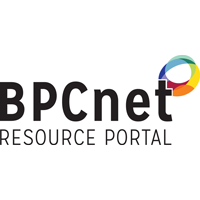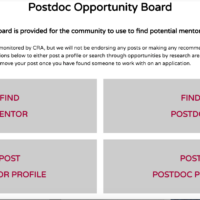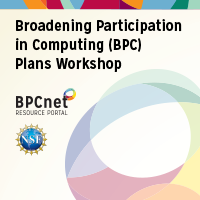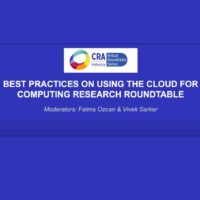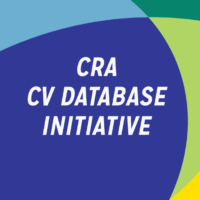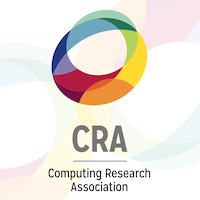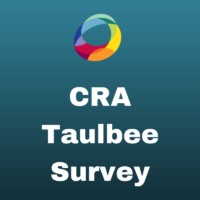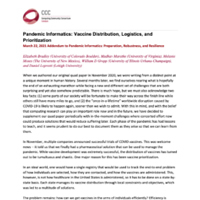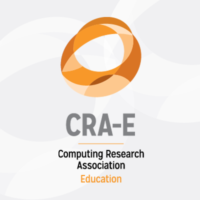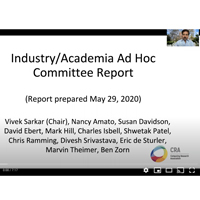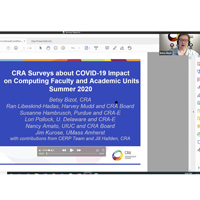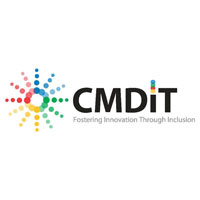In Fall 2020, the Computing Research Association released a series of planned white papers produced through its subcommittees (including the Computing Community Consortium), exploring areas and issues around computing research with the potential to address national priorities over the next four years. Called Quadrennial Papers, the white papers attempt to portray a broad picture of computing research detailing potential research directions, challenges, and recommendations for policymakers and the computing research community.
One of those white papers Pandemic Informatics: Preparation, Robustness, and Resilience outlined a strategy to reduce the impact of global pandemics stressing early detection, predicting the public’s reaction and developing effective policies.
Several months later, the pandemic is still ongoing but we are facing a new and different set of challenges that are both surprising and yet also somehow predictable. The authors of the paper have produced a March 22nd, 2021 Addendum to address current issues.
See the March 22nd, 2021 Pandemic Informatics: Preparation, Robustness, and Resilience Addendum here for more details.

